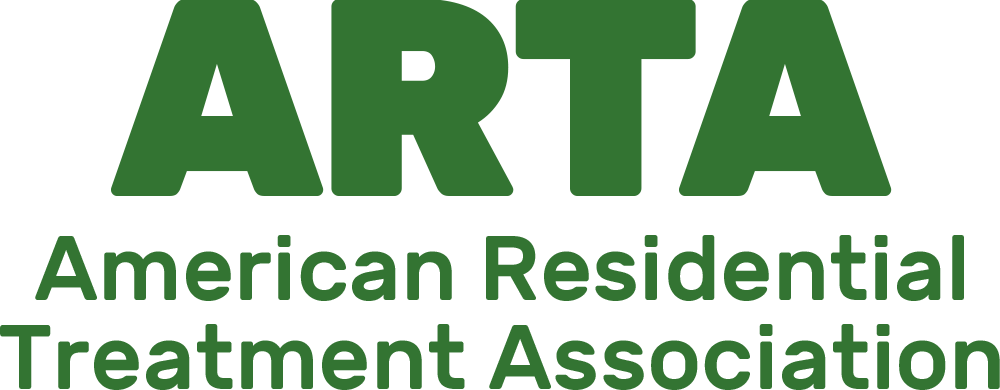
Last month we attended the Cape Cod Symposium on Addictive Disorders. This conference is in its 31st year and we have been proud to be sponsors for 10 years now. Each year we not only go to exhibit and spread the word about Spring Lake Ranch but to attend the many workshops offered by renowned psychiatrists and psychologists from across the country. Over the years we have learned the latest about various clinical approaches and or aspects of addiction and mental health. There has been a focus on trauma, opiates, process (device) addictions as well as modalities like cognitive and dialectical behavioral therapies, the efficacy of twelve step meetings and motivational interviewing. This year we went to several workshops on medical marijuana.
Medical Marijuana
Marijuana was and is of great interest to us as it is the substance that most widely leads residents to Spring Lake Ranch. The national wave of legalization of weed as an alternative to traditional medicine has made its popularity soar. What we learned from Dr. Brian Hurley, MD, MBA, DFASAM and Dr. J. Craig Allen, MD and Medical Director of Rushford, reaffirmed what we have been seeing in our population anecdotally for the last 10 years.
Marijuana’s Impact on the Young Adult Brain
For about 10-20% percentage of the younger folks (14-25) who regularly smoke marijuana, it can cause an exacerbation of depression and anxiety and the emergence of psychosis. Finally, there is research being done that confirms this with more on the way as more and more younger folks struggle and more data is gathered.
Despite the term “medical marijuana”, there is not one medical organization or society that endorsees its use.
And if you delve further into the research, the only proven/conclusive medicinal uses are for anti- nausea, glaucoma, MS spasticity and seizures. In fact, marijuana’s active chemical THC is only proven to be effective in increasing the appetite and it’s the cannabidiol (CBD) that has the medicinal properties that help with seizures, pain, and inflammation. And CBD does not have to be extracted from the marijuana plant, it can come from a close family member of the cannabis genus, hemp.
Hemp vs Cannabis vs CBD
Hemp and cannabis are not the same plant. Hemp is defined as a cannabis plant that has a THC content of 0 to less than .3%. Furthermore it comes in capsules and oils and does not need to be smoked to get the effects. A lot healthier on the lungs for sure.
The long-term effects of CBD are unknown as it’s a relatively new supplement, but the initial reports are promising, and it is hoped that funding will increase for research as the market grows. Meanwhile it is important for families to know that for the developing brain (ages 14-25), the use of medical marijuana or any marijuana is a gamble with high stakes. It’s not the same weed that was smoked in the 60’s and 70’s. Back then the marijuana plant contained about 3% THC (psychoactive) and 3% CBD (anti-psychoactive). Today the THC content in marijuana ranges anywhere from 12% to 98% and the CBD can be bred out of the plant entirely. For the young developing brain this can cause either a latent genetic disposition to emerge and/or drug induced psychosis to occur.
Learning More
If you would like to learn a more about marijuana and its impact on the developing brain, there are many books available. One I found particularly helpful is Marijuana: The Unbiased Truth about the World’s Most Popular Weed, by Kevin Hill, MD, Addiction Psychiatrist, Clinical Researcher at Beth Israel Deaconess Medical Center in New York, N.Y. You can enter your zip code in the OCLC WorldCatalog to find the book at your nearest public library.



